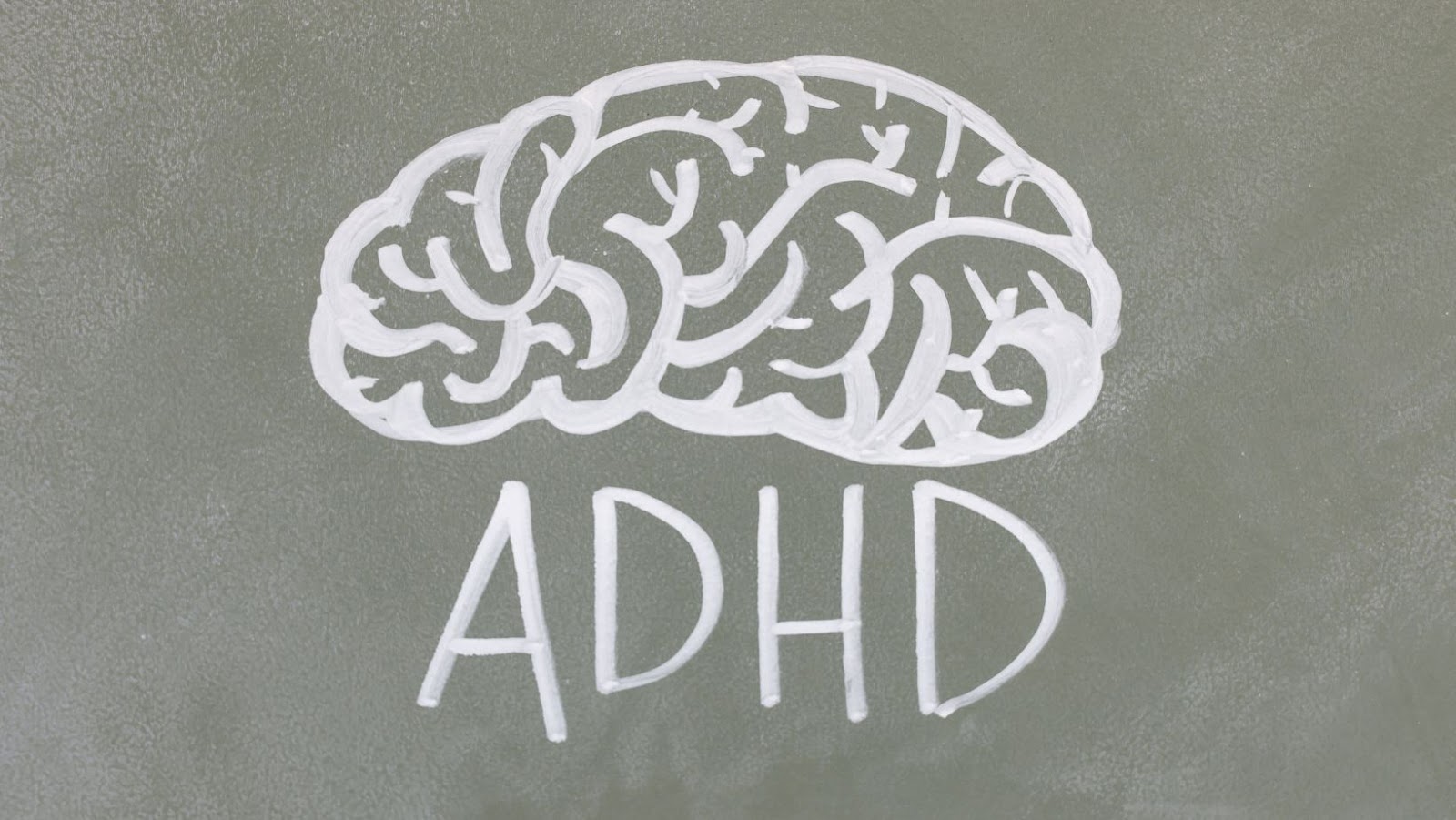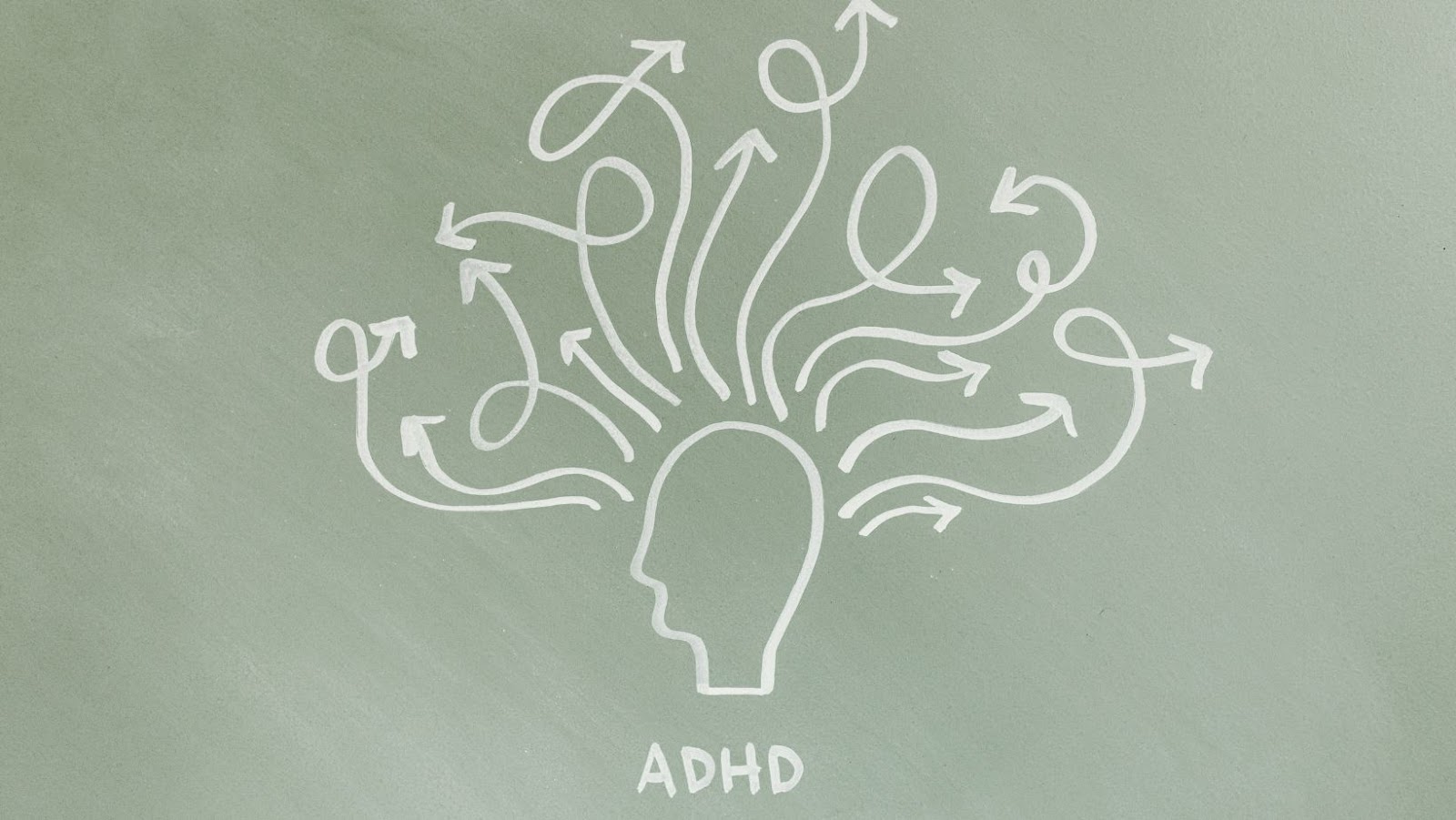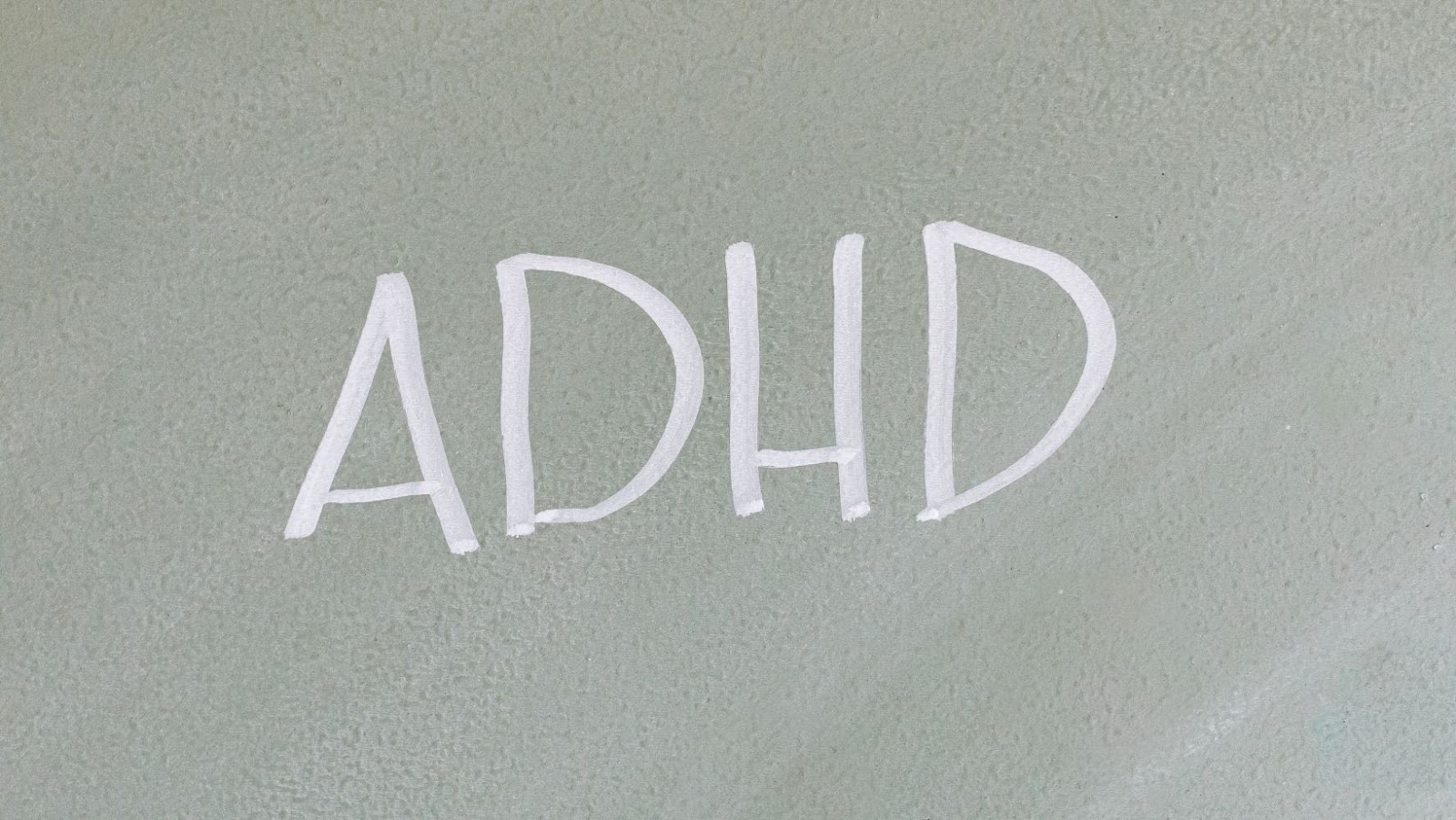
Do you often struggle with focus, motivation or energy levels? If yes, you could be suffering from ADHD. Adults with Attention Deficit Hyperactivity Disorder (ADHD) often struggle to stay focused on tasks or activities, and this can have a significant impact on their day-to-day life. Playing at a National Casino can be a relaxing experience for adults with ADHD, as this is an online casino with no distractions and the pace of play is slow..
This article will explain why ADHD in adults is a growing concern and how to manage it.
Discover what strategies can be used to help increase focus and productivity.
The Core Symptoms
Adults with Attention Deficit Hyperactivity Disorder display a range of symptoms that affect their daily lives, relationships and work. These symptoms include inattention, lack of focus, hyperactivity and impulsivity. Difficulty in prioritizing tasks and forgetfulness can also be core symptoms.
Additionally, adults with ADHD may struggle with regulating emotions, organization skills and decision-making abilities. They may also exhibit restless behavior and have trouble sitting still for extended periods. The severity of these symptoms vary from person to person.
Pro Tip: Seeking professional diagnosis and treatment can greatly improve the quality of life for individuals affected by ADHD.
ADHD in adults may cause forgetfulness, impulsiveness, and distractibility…wait, what were we talking about again?
Other Symptoms
Adults with ADHD often experience a wider range of symptoms beyond the core symptoms of inattention, hyperactivity and impulsivity. These include poor time management, difficulty with organization and prioritization, and forgetfulness. They may also struggle with emotional regulation, mood swings, and low frustration tolerance. Additionally, adults with ADHD may engage in risky or impulsive behavior such as substance abuse and reckless driving.
Furthermore, ADHD can also impact social relationships leading to difficulties in communication and maintaining friendships. These individuals may struggle with reading nonverbal cues and have an impaired ability to interpret social situations. As a result, they may come across as rude or insensitive without intending to be so.
Studies have shown that adults with untreated ADHD are at increased risk of developing depression, anxiety disorders and substance abuse problems. Therefore it is important for anyone suspecting they may have ADHD to seek diagnostic assessment from a qualified mental health professional.
Interestingly, while many people assume that symptoms of ADHD only appear during childhood, research suggests that up to 60% of children with ADHD will continue to struggle with symptoms throughout their adulthood. It is imperative for society to increase awareness surrounding adult ADHD as these individuals require different types of support structures than children diagnosed with the condition.
“Who runs the world? Girls with ADHD, keeping life interesting one distraction at a time.”
ADHD in Girls and Women
Attention Deficit Hyperactivity Disorder affects not just boys and men, but also presents itself differently in girls and women. Symptoms of ADHD in females tend to be less recognized and diagnosed due to their tendency to appear quiet, reserved, and daydreamy. Women with ADHD often struggle with maintaining relationships, self-esteem issues, and co-existing conditions like anxiety and depression.
Girls with ADHD are often overlooked because their behavioral symptoms may not resemble the classic “hyperactive” stereotype commonly associated with ADHD. Instead, they tend to show symptoms like forgetfulness, disorganization, lack of focus or motivation, procrastination, anxiety or extreme sensitivity more frequently than their male counterparts.
It is critical to diagnose ADHD early on as it greatly impacts a person’s quality of life. Effective treatment strategies include medications, therapy/counseling sessions as well as lifestyle changes that can help individuals cope better with their condition.
Untreated or unrecognized ADHD could lead to numerous adverse outcomes such as poor academic performance/job performance/productivity levels; low self-esteem; relationship problems leading to social isolation; substance abuse; accidents or injuries due to impulsivity.
Therefore, seeking professional help from qualified health care professionals if one suspects they might have ADHD is of utmost importance. It is time we move past the stereotypes associated with this disorder and start recognizing its impact on women’s lives too.









